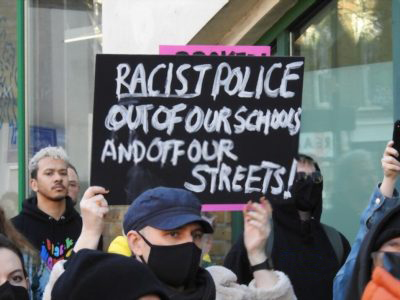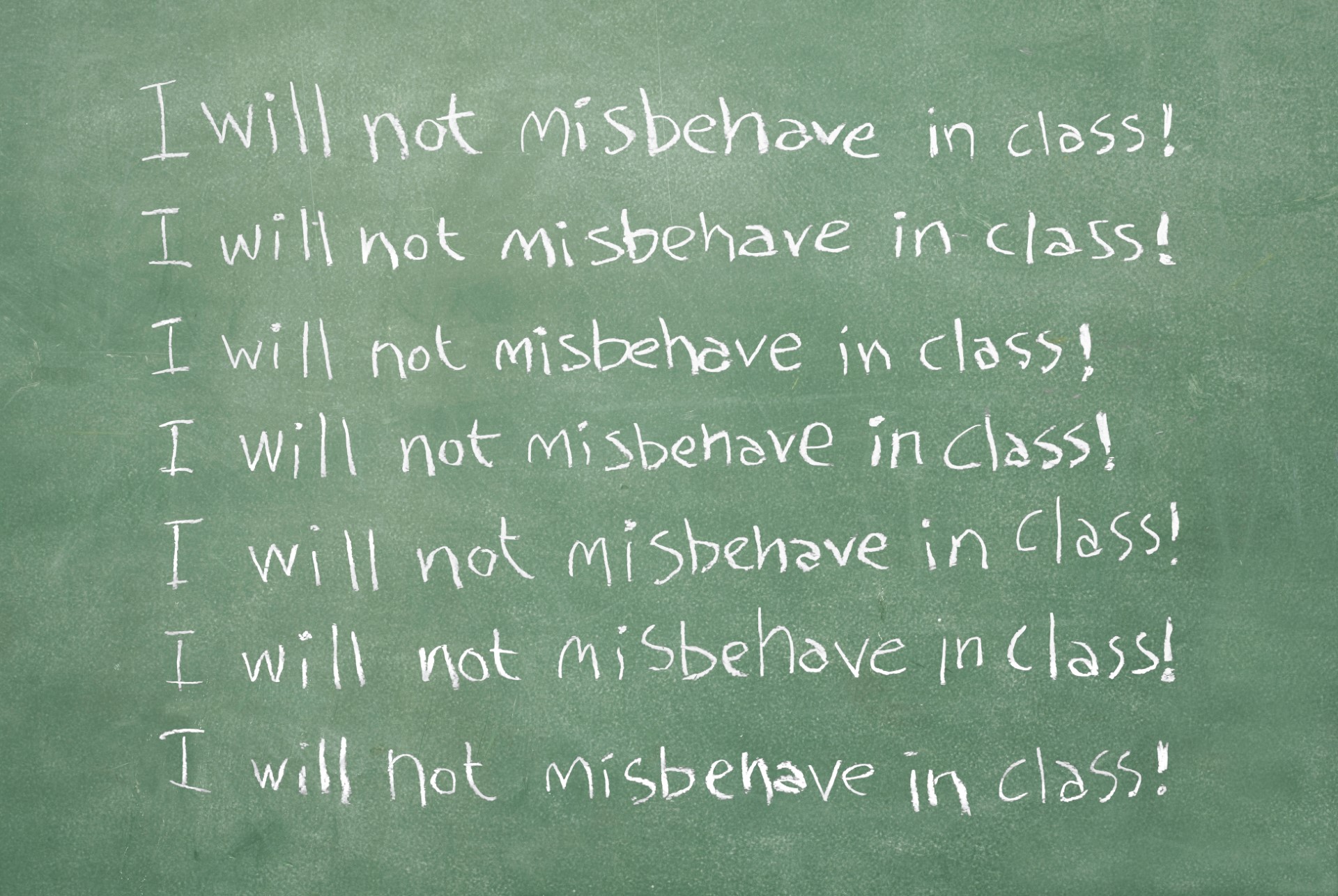Police-free Equity in American Education
Police perform a vital and necessary service, but they do not belong in America’s schools. First and foremost, our children are students who go to school to learn, but police officers disrupt that nurturing educational environment. Their presence signals the doors of academic opportunity slamming shut and begins the racialized funneling of students, who are disproportionately Black, into the juvenile and criminal justice system. No one wants this ‘school to prison pipeline’ for their child, and it needs to stop immediately. Policing our schools is the criminalization of childhood and part of the more significant issue of American racial disparities.


Having police in American schools does not reduce school shootings or serious crime; it does not even make children feel safer. All children deserve to feel safe at school and have meaningful opportunities to learn, but police turn schools into surveillance zones and increase the likelihood of physical confrontations. Sadly, hundreds of reports document police beating, tasing and handcuffing students, even in elementary school settings, for misbehavior common for their ages. No child should be arrested for the low-level “crimes” listed in the reports, like dress code violations, hairstyles, talking back, texting, or other things that are not actual crimes. Research has documented mental health trauma for Black youth as a consequence of policing, and while complete data on how often police beat, tase, or use other physical force on students is not available, a recent report documented 285 incidents of police assaults on students from 2011 through 2021 in which more than 80% of these assaults were against Black students.
Freeman Initiative’s Police-free Equity in American Education Program focuses on making quality public education accessible and accountable to the communities served. We work to strengthen public schools that are underfunded or under-resourced, while opposing closures and corporate takeovers of public education. We also work at both the national and local levels with partners, allies, policymakers, and community liaisons, including young people, to scrutinize, expose and reform practices, like school policing, that lead to the criminalization of students. Become a catalyst for this structural change in public education today by making a donation in support of this program or volunteering at one of the schools in crisis.

Ultimately, students who are arrested at school are less likely to graduate from high school and enroll in college. The likelihood that they will have further involvement with the criminal legal system increases dramatically. There are ways to resolve even serious misbehavior without suspension, expulsion, or police contact if we really want to do this. Let’s invest in healthier strategies, like school diversion measures and restorative justice initiatives, that foster our young people’s development, improve school safety and possibly put them on the path to enroll in colleges.
Speaking of colleges, outside of the school policing issues occurring on the local and state levels for grades K through 12, Freeman Initiative is concerned about funding disparities between historically Black Colleges and Universities (HBCUs) versus other institutions, including those predominately serving Latinos and Asians. We need not even get into a comparison with predominately white institutions. The fact that collectively HBCUs get the least amount of federal funding allocated under such programs as Title III and Title V of the Higher Education Act is shameful given that these programs were initially established to address disparities in higher education for Black Americans who had severely limited opportunities during the era of racial segregation. Segregation ended but the historical legacy of discrimination and underfunding continues to affect HBCUs today.

